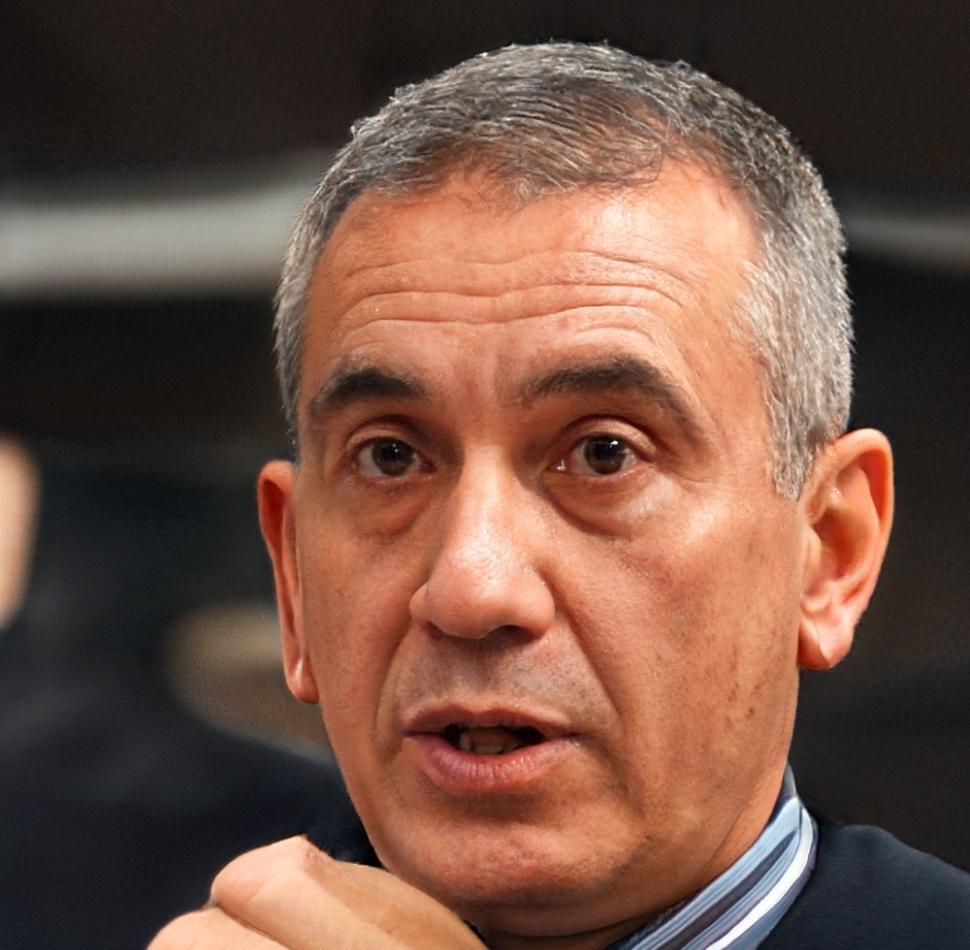Ready to Take Control of Your Finances?
Running a business without proper budgeting is like sailing without a compass. You might stay afloat, but you won't know where you're heading. Before jumping into our learning programme, let's make sure you're set up for success.
Financial management isn't just about spreadsheets and numbers. It's about understanding your business rhythm, knowing when money flows in and when it drains out. We've worked with hundreds of entrepreneurs across the UK, and the ones who thrive aren't always the smartest or most experienced—they're the ones who prepare properly.
Three Things You Should Have Sorted
You don't need everything perfect. But these basics will make your learning experience actually useful rather than frustrating.
Basic Business Records
We're not asking for polished financial statements. But you should have some system—even if it's just receipts in a folder and a simple income tracker. You need to know roughly what you earned and spent over the past few months.
Time to Actually Learn
Our October 2025 programme runs for eight weeks. That's not full-time commitment, but you'll need about five hours weekly. If you're drowning in work right now, maybe wait until things calm down a bit. Learning when you're stressed doesn't stick.
Willingness to Face Reality
This sounds soft, but it matters. Budgeting means looking at uncomfortable truths about your spending habits. We've seen people quit because they didn't want to acknowledge where their money was going. Growth requires honesty, especially with yourself.

What Kind of Mindset Works Best?
Here's something we've noticed over the years. The entrepreneurs who get the most out of budgeting training aren't the ones obsessed with getting rich quickly. They're the ones who want stability.
Maybe you're tired of the feast-or-famine cycle. Maybe you want to actually pay yourself a proper salary instead of taking whatever's left over. Perhaps you're just sick of that knot in your stomach when bills come due.
Financial control isn't glamorous. It won't make you Instagram-famous or get you featured in startup magazines. But it will let you sleep better at night. And honestly, that's worth more than most people realize until they have it.
Explore the Full ProgrammeCommon Misconceptions Worth Clearing Up
"I need to be good at maths"
Not really. If you can add, subtract, and use a calculator, you're fine. Budgeting is more about patterns and habits than complex calculations. We use simple percentages and basic arithmetic—nothing that requires a degree.
"My business is too small for this"
Actually, smaller businesses need budgeting more than large ones. When you're operating on thin margins, every pound matters. We've worked with solo freelancers and they often see the biggest improvements because small changes have immediate impact.
"Budgets restrict my freedom"
It's the opposite, really. Budgets show you where you actually have room to manoeuvre. Without one, you're guessing and probably being more cautious than necessary. Knowing your numbers gives you confidence to make decisions—including when to spend money on growth.
"I'll start when business gets more stable"
Waiting for stability before learning budgeting is like waiting for calm seas before learning to sail. The whole point is to create stability through better financial management. Start now, with whatever messy reality you're dealing with.
What Past Participants Wish They'd Known

Clifford Harmon
Graphic Design Studio
I thought I needed fancy accounting software before starting. Turns out, a simple spreadsheet was enough to begin. The programme taught me what actually mattered, and now I use software properly because I understand what I'm tracking.

Sienna Blackwood
Consulting Firm Owner
My biggest regret is not sorting my past records first. I spent the first two weeks of the course just organizing old receipts. Do that groundwork beforehand and you'll get so much more from the actual lessons.

Barnaby Fletcher
E-commerce Retailer
I wish someone had told me this wasn't about restriction. I came in defensive, thinking they'd criticize my spending. Instead, I learned how to make informed choices about where my money goes. Completely changed my perspective.